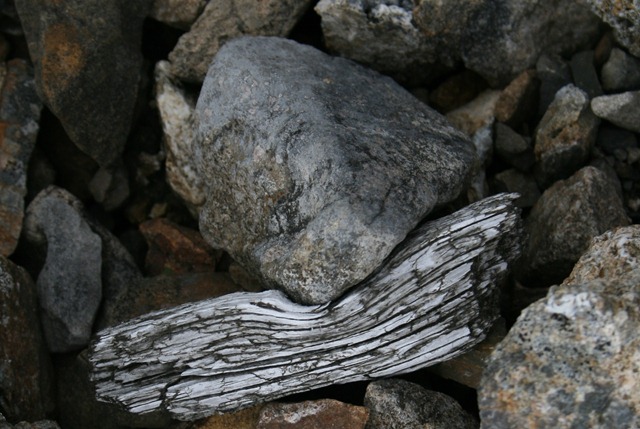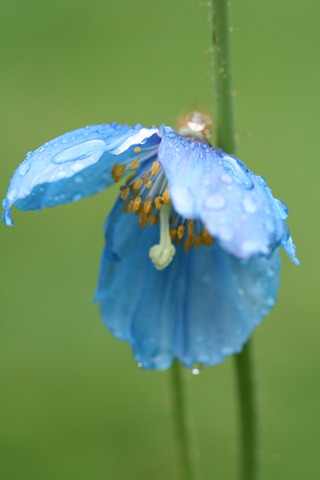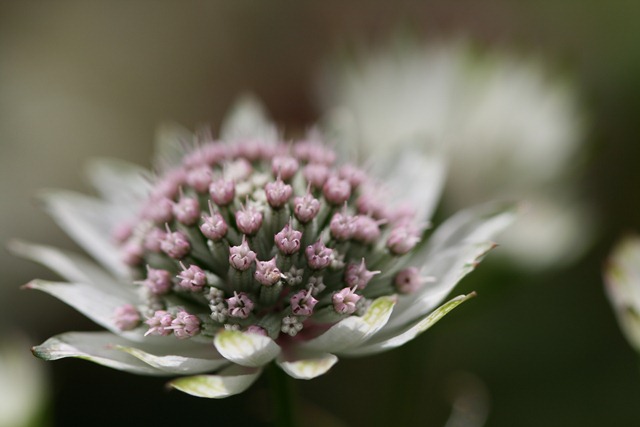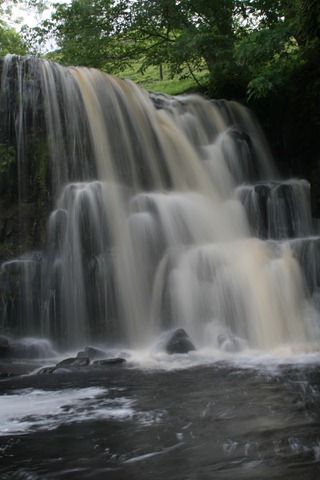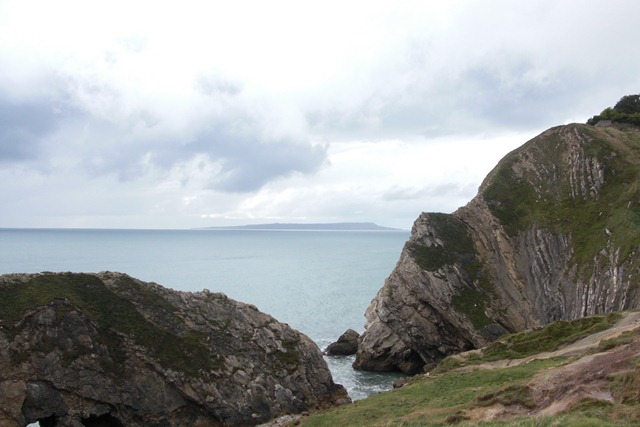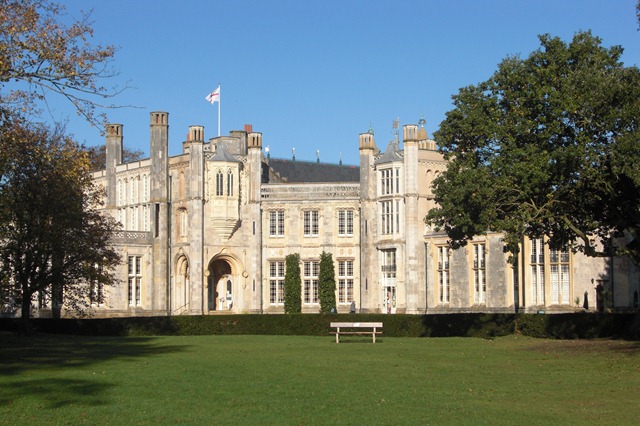Author's posts
Dec 27 2011
‘Planned 49% limit’ for NHS private patients in England
Mention of the NHS seems to result in a serious outbreak of irrationality amongst the commentariat, this week it’s because the new Health and Social Care Bill with contain a cap of 49% on the fraction of income an NHS hospital can earn from private patients (BBC news here). Clearly this represents end-times, privatisation of the NHS etc etc…
Currently most hospitals are limited to a cap of 2% income from private patients, although a quick search shows that the Royal Marsden already gets 26% (source), Christies 6% (source), Papworth 4.5% (source). These are not hospitals renowned for poor service to NHS patients.
The key point here is that 49% is a cap, not a target. Since only 8% of the UK population has private health insurance, amounting to 14% of health expenditure (source) it’s very difficult to see how NHS hospitals as a whole will reach anything like 49% of income from private patients. The current situation must be that private patients are largely (lets say 90%) serviced by entirely private hospitals – NHS hospitals will only pick up that trade if they offer something better. The area they will offer something better is in specialist care – which isn’t viable for a private system serving less than 10% of the population. The limit case is that NHS hospitals would get 14% of income from private patients and the private hospital sector would disappear, clearly this isn’t going to happen.
Private patients in the NHS wouldn’t be displacing publicly-funded patients from beds, if that were all they were doing then what would be the point for the patient? To get private patients an NHS hospital would need to build (or convert) private “wards”, this is what hospitals like the Royal Marsden do already. To do this they’d need a fair expectation that they could attract the custom otherwise they’d simply end up poorer.
I’ve had private medical care – I liked it a lot, I wish everyone could have it. The benefits I received were in getting rapid treatment for a non-emergency condition, having my own room for the run-up and post-operation and having consultations in a slightly more pleasant environment. As a family (unborn included) we continue to use the NHS for most of our medical care. As someone with private health insurance, I get to pay twice for some of my health care – I pay for NHS treatment which I don’t use, then I pay again for private treatment. I don’t resent this, I do resent the idea that my private care must be entirely separate from any public provision that is available – in that case why can’t I withdraw my contribution to the public system?
The figures on health expenditure in the private sector give some idea of the potential funding gap for the NHS – what we’d need to pay for a gold-plated NHS where, for example, there were no waiting lists and we all had private rooms (if that was medically appropriate). Currently the NHS gets £106billion per year, equivalent to 25p basic rate tax. Private health insurance appears to cost about 1.75 times as much per head therefore a crude estimate is a gold-plated NHS would cost £185bn or 46p basic rate tax. This would put us at a level of spending that is equivalent to Switzerland and only exceeded by the US (source). It’s possible that you could do it for rather less but not if every attempt to change anything in the NHS is met by a hysterical and apocalyptic knee-jerk response. The important thing is patient care, not the institution that provides it. Providing a healthcare system isn’t simply a choice between the NHS or US-style system, you can see the range of systems here.
And before we get hoity-toity about people paying directly for health care – all the NHS does is launder the process of paying for health care. We pay tax to the government, the government funds the NHS – it isn’t some vast charity run on goodwill. Consultants and doctors in the NHS are really paid quite well, and in my experience individual consultants are working for both public and private sectors at the same time. It is rather offensive to the wide range of people in the private sector service industries to imply that the service they provide is somehow inferior because they are paid by the customer, not by the government.
Update
More on this at NHS Vault (here), definitely worth reading.
Dec 24 2011
Calendar 2012
The past few years I have been making calendars for Christmas presents, it’s an opportunity to hunt through the photos for the year. Some of these I took, and some were taken by The Inelegant Gardener (Mrs SomeBeans).
Cover – a slightly arty picture of a piece of wood and a pebble taken on the remnants of a lead mine in the Yorkshire Dales. I wrote about the lead mines here.
January – Skiing in Austria, this is close to Hinterglemm. A short description of our holiday and some more pictures here.
February – Sandstone, from the Sandstone Trail which runs from Frodsham to Whitchurch. More enthusiastic walkers cover this distance in a couple of days – we took months!
March – Pussy willow catkin, this was taken on the flat muddy slog across the Cheshire Gap.
April – a ploughed field and a tree, I like the texture of the ploughed field.
May – Blue poppy (mecanopsis) symbol of Mrs SomeBeans’ latest venture: Blue Poppy Garden Design.
June – Astrantia, another photo by Mrs SomeBeans nice use of depth of field and my macro lens!
July – Kisdon Force in the Yorkshire Dales, scene of this years summer holiday – we stayed in Reeth.
August – a very small detail on Chester City Hall, this wasn’t the most newsworthy event of the month of August. This was.
September – Medlars and squashes, medlars are known as “cul du chien” in French.
October – Stair Hole near Lulworth Cove with Portland in the distance. Down to the South Coast to visit my family over half-term. This is 5 miles from where I grew up.
November – Highcliffe Castle on the cliffs by Mudeford, also taken on our trip to the South Coast.
December – trees in the fog and frost, this one is a ringer – I took it a couple of years ago from along the Shropshire Union Canal.
Dec 16 2011
Like distant thunder…
I first felt Beetle around the 20 week mark, he was the very faintest flickering on my wrist, draped across my wife’s belly in the night.
Later he felt like distant thunder, a couple of pulses followed by a slide.
Now he feels like a cat in a leather bag, pushing to get out.
Dec 13 2011
The Peevish Physicist
This post is about the strong possibility of the discovery of the Higgs particle, if you want a more adulatory report on the (nearly) discovery of the Higgs boson you can try here in The Guardian or here, at Nature or just about anywhere else for that matter.
I suspect what has me riled is that it’s frequently said that “physicists” will be very excited about this and it will open up new research – actually it isn’t true: particle physicists will be very excited – many other physicists, not so much. I even heard someone saying on the news that it was ok, there was still more for physicists to do, forgetting the rest of the field entirely. You can see what the rest of physics gets up to in the American Institute of Physics Classification Scheme, PACS. You can see what sort of physicist I am, aside from peevish, here.
It’s also driven by the suspicion that the particle crowd don’t really consider the rest of us to be proper physicists, Rutherford said a long time ago:
All science is either physics or stamp collecting
This attitude maintains, you’ll hear plenty of physicists expressing it, including A Famous One and I can never help thinking that what they really mean by physics is “particle physics”. There are hints of this around the physics departments I know, that feeling of being looked down upon for bringing in industrial funding and working on things which fit in a modest size lab.
The rest of physics will go on entirely as before, we know what the masses of the fundamental particles are and we can make use of them in our calculations, regardless of how we know that mass. The discovery of the Higgs boson would confirm a proposed mechanism as to how particles got their mass.
Impact is a big deal for scientists these days, and CERN pays some lip service to satisfying this demand. The wordwide web is often used as an example, I’ve always been somewhat sceptical of this claim. The web we see has many foundations, some such as the proto-hypertext systems stretching back to the end of the Second World War, network protocols from the seventies and Standard General Markup Language from the eighties. What CERN had was a load of computers on a network with a computer savvy audience who wanted to share quite a lot of information at just the right time. This evening there were slightly wild claims for improved medical imaging and mobile phones…
In truth I suspect CERN is worth the money for the boost it gives to the high tech industries that service its exotic needs, and the PhD students and postdocs it spits out.
Bonus Peeve
“God particle”?!
Dec 10 2011
The Eurozone
There has been much excitement over David Cameron’s use of the veto at the recent European negotiations over rescuing the Eurozone. For people that don’t like Cameron for political reasons these are obviously the worst of times, for a large fraction of his Tory backbenchers these are the best of times.
The problem the Eurozone has is that when the system was set up some members lied through their teeth to meet the convergence criteria which allowed them entry and none of them where prepared to comply with the constraints on their fiscal policy (tax and spending) after the Eurozone had formed. Now, when times are difficult, these shortcomings have become very obvious. The solution towards which the rest of Europe are heading is to treat the Eurozone as a proper national economy with a European Central Bank which takes on the mantle of a national central bank and a degree of fiscal discipline not yet common across the member states. This would weaken the powers of the constituent nation states.
Sarkozy’s comments are quite clearly self-serving, he wishes to portray the UK veto as a result of of Cameron trying to protect the City because that is the French see the cause of the problem as the Anglo-Saxon economic model, not the Greek economic model. Angela Merkel’s position is a little more subtle: she would probably really welcome a UK that stood alongside Germany at the heart of Europe but she has her own problems with the German constitution which limit her flexibility in fully throwing her weight behind the Euro.
I have long been a pro-European and given the choice I would have taken the UK into the Euro at the very beginning, but that didn’t happen because John Major negotiated an opt-out and then Tony Blair and Gordon Brown (more the later than the former) kept us out of the Euro. These days I have my doubts, I can see a Euro zone with a core membership of nations I would trust to run a whelk store running quite nicely to the benefit of all concerned but that’s not the situation we are in now.
This attitude is reflected in the following passage in the Liberal Democrat 2010 manifesto:
The European Union has evolved significantly since the last public vote on membership over thirty years ago. Liberal Democrats therefore remain committed to an in/out referendum the next time a British government signs up for fundamental change in the relationship between the UK and the EU.
We believe that it is in Britain’s long-term interest to be part of the euro. But Britain should only join when the economic conditions are right, and in the present economic situation, they are not. Britain should join the euro only if that decision were supported by the people of Britain in a referendum.
The Guardian has leapt to it’s tired, old Nazi collaborator meme (here) in its description of Nick Clegg. To be fair there have been a lot of tired, old Nazi memes (appeasement being the favoured route of the right and some Lib Dems). It’s somewhat ironic that effectively the demand is that Nick Clegg must exercise a veto over David Cameron to not exercise a veto. For the enemies of the Liberal Democrats they will never be able to do any right in coalition: these enemies will laud the original policies of the Liberal Democrats (which often they did not vote for) and demand every one is implemented, and that the Coalition must fall if these demands are not met.
David Cameron has put himself into a tricky position in part through his own actions – withdrawing from political groupings in the EU, and reforming with only the most fringe characters, and in part through the party he inherits: John Major said he could here the sound of “flapping white coats” as one of them approached. Cameron did make the only decision he could: any treaty agreed would face parliament where it would lose because the Labour Party would side with a large Eurosceptic wing of the Tory party and even if it passed that hurdle it would fall at a referendum.
The Labour Party find themselves in an interesting position though, they cannot say they would support the current treaty proposal. Resorting only to the famous route directions: “If I was going there I wouldn’t start from here” but actually the relationship with Europe has changed little in the 18 months since the general election.
For other nations in Europe, to use the old breakfast analogy: the chicken has an interest, the pig is committed. All the other non-Eurozone countries are on some sort of track to join the Euro – we, uniquely, are not. This has been the case since before the election and it remains the core of our issue. Cameron’s posturing to satisfy his eurosceptic wing is not helpful, and a better statesman would perhaps have achieved some consensus outside the core Eurozone countries but fundamentally this is window dressing and the other members of the EU are already on a different track, they have been for years.

